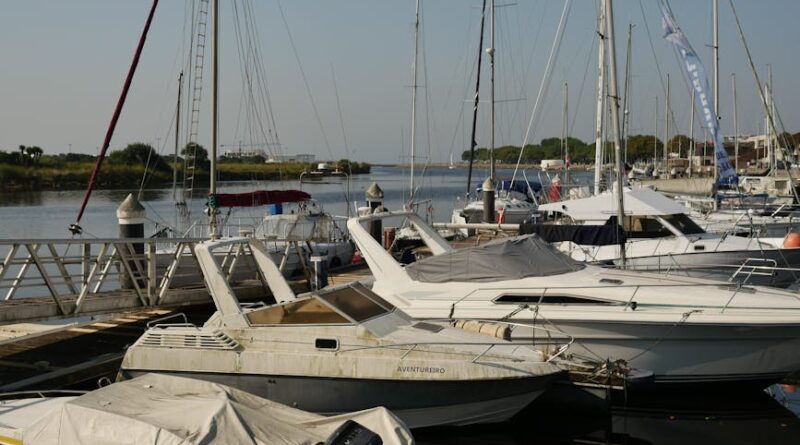Tips for Boating During Inclement Weather
Did you know that boating accidents increase significantly during bad weather? Storms can change quickly, and staying safe should always be your top priority. Here are some practical tips to keep you safe and enjoy your time on the water, even when the skies aren’t clear.
Why Is Weather Important for Boating?
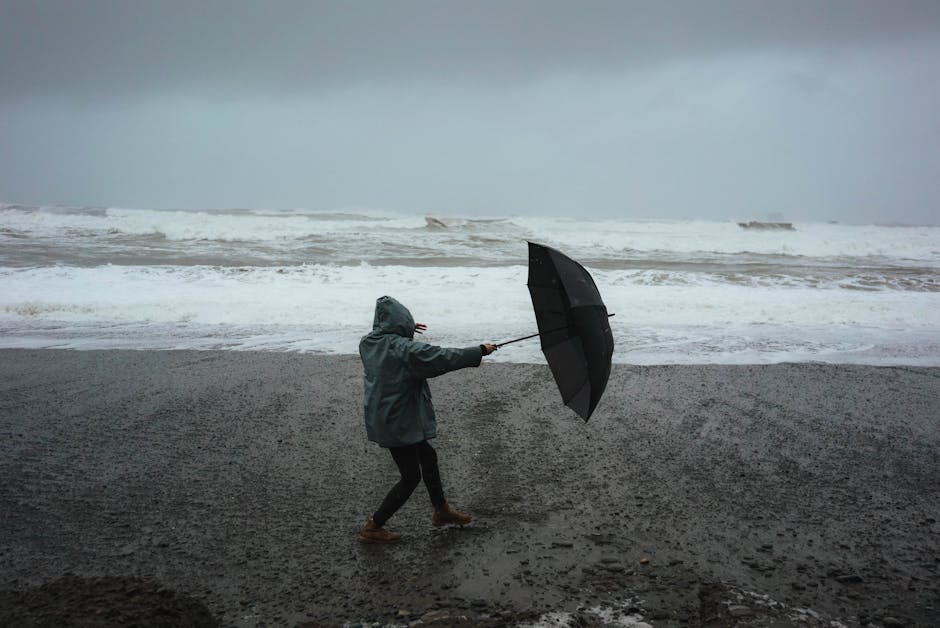
Weather can drastically affect your boating experience. Winds can create rough waves, and rain can limit visibility. Understanding the weather helps you make smart choices. Remember, it’s not just about the current conditions; forecasts can help you plan better.
In fact, according to the U.S. Coast Guard, about 70% of boating accidents occur in good weather, but bad weather increases risks significantly. Always check the forecast before you head out. If storms are on the way, consider staying on land.
What Should You Check Before Boating?
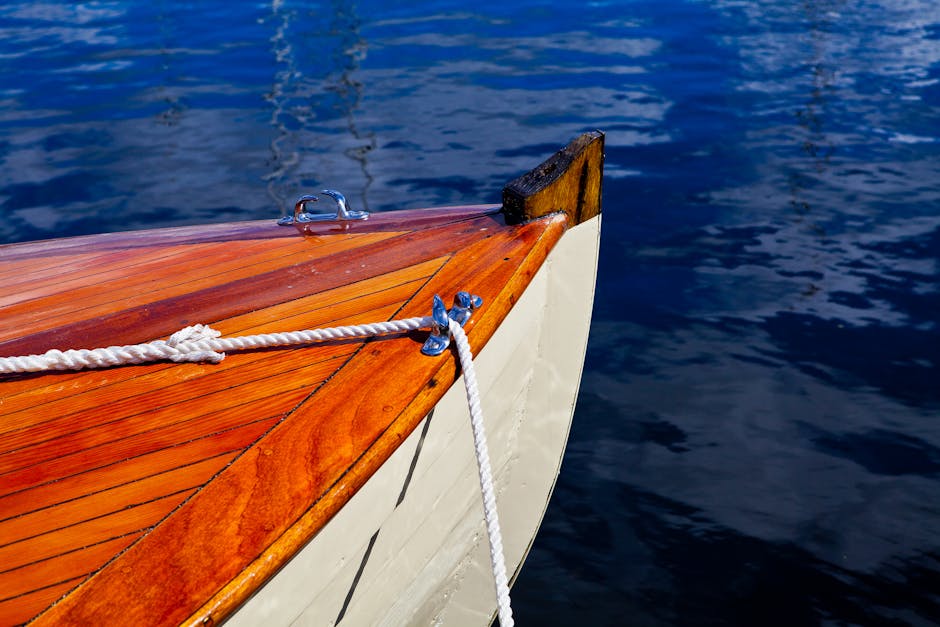
Before you set sail, gather key information.
- Weather Forecast: Look for updates on wind, rain, and storms.
- Wind Conditions: Know how strong the winds are. Strong winds can create dangerous waves.
- Water Conditions: Check for currents and tides. They can impact your journey.
Use apps or websites like NOAA Weather or your local news stations for reliable forecasts. A simple check can save you from a risky adventure.
How Can You Prepare Your Boat?
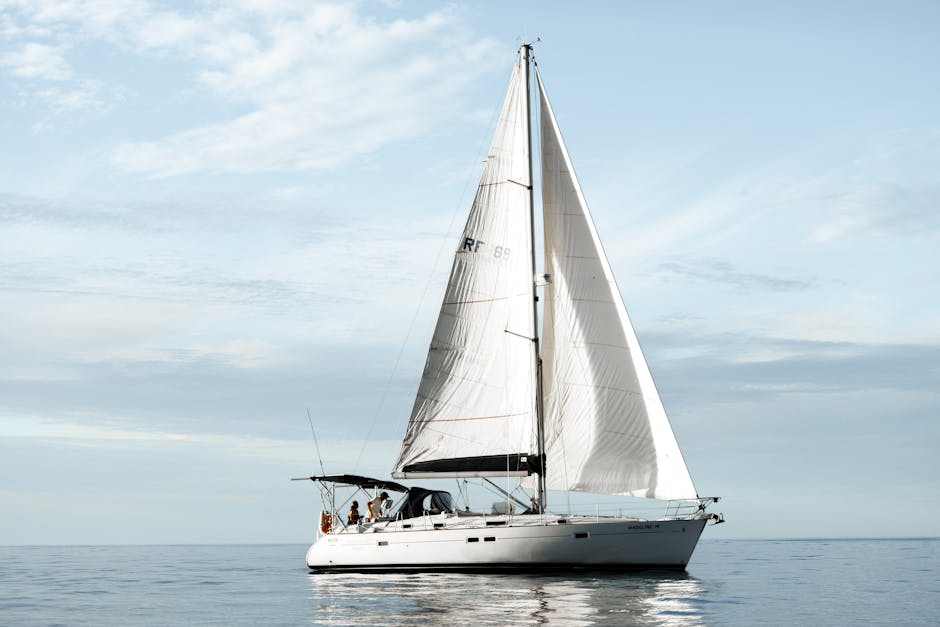
Preparation is key to staying safe. Heres how to ensure your boat is ready for inclement weather:
- Check Your Gear: Make sure all safety equipment is onboard, including life jackets and flares.
- Stabilize Your Boat: Keep extra weight low to enhance stability.
- Secure Loose Items: Store or tie down anything that could become a projectile in strong winds.
Just like you wouldn’t drive a car without checking the tires, don’t head out on the water without checking your boat.
What Should You Do if Bad Weather Hits?
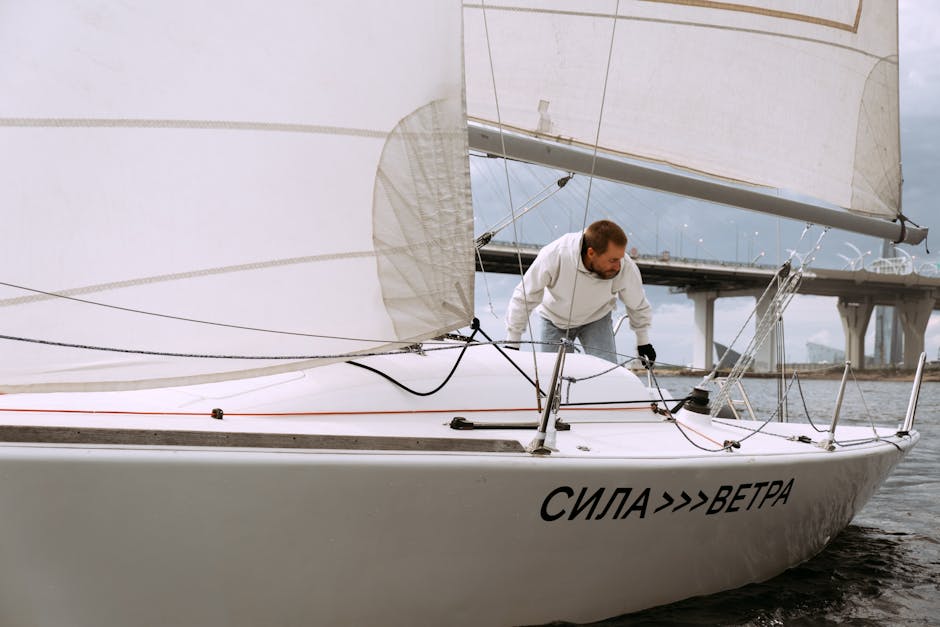
Even with the best planning, weather can change suddenly. Heres what to do:
- Monitor Conditions: Keep an eye on the sky and water. If things look bad, it’s time to head back.
- Head for Shelter: Look for a nearby marina or shore if conditions worsen.
- Use Safety Equipment: If you can’t get to safety quickly, make sure everyone is wearing life jackets.
it’s easier to handle a changing situation if you’re prepared. Think of it like a fire drill; you want to know what to do when the alarms go off.
Should You Navigate in Heavy Rain?
Heavy rain can limit your visibility. Heres how to navigate safely:
- Reduce Speed: Slowing down helps you see better and react more quickly.
- Use Radar: If your boat has radar, use it to identify other vessels and obstacles.
- Stay Alert: Keep an eye out for changes in the water and be ready to adjust your course.
Think of navigating in rain like driving at night; you need to be extra cautious and aware of your surroundings.
What About Winds and Waves?
Strong winds can churn the water into dangerous waves. Heres how to handle it:
- Know Your Limits: If the winds are too strong, it’s better to stay on shore. Your safety matters more than reaching your destination.
- Navigate Diagonally: If you must cross waves, approach them at a 45-degree angle to lessen the impact.
- Practice Steering: Be familiar with how your boat handles in rough water. Take it out on calmer days to practice.
it’s like riding a bike on a windy day; you need to adjust your balance and speed.
What Are the Best Safety Tips for Boating in Bad Weather?
Here are some essential safety tips to keep at the forefront:
- Always Wear Life Jackets: This is a must, especially in challenging conditions.
- Have a Float Plan: Tell someone where you are going and when youll be back.
- Communicate: Use a VHF radio to stay in touch with others and emergency services if needed.
- Be Aware of Other Boaters: Keep distance from other vessels and watch for their signals.
Think of these tips like wearing a seatbelt in a car. They might seem like extra steps, but they can save your life.
Can You Call for Help in an Emergency?
If you find yourself in trouble, do not hesitate to ask for help. Heres how:
- Use a VHF Radio: Channel 16 is the international distress frequency.
- Send a Distress Signal: If you’re in visual range of other boats, use flares or signal lights.
- Stay Calm: Keep a clear head. Provide information about your location and the nature of your emergency.
Calling for help is not a sign of weakness; it’s a smart move when you need assistance.
What Are the Common Misconceptions About Boating in Bad Weather?
Many people hold misconceptions about boating in bad weather. Lets clear some of them up:
I can handle any weather. No one can control nature. If conditions are bad, stay on land.
I have a fast boat; Ill outrun the storm. Fast boats can still capsize in rough conditions. Speed doesnt equal safety.
it’s essential to understand your limits and respect the power of nature.
Conclusion: What Are Your Actionable Takeaways?
Boating in inclement weather can be risky, but with the right preparation, you can stay safe. Heres a quick recap:
- Always check the weather before heading out.
- Prepare your boat and gear for changing conditions.
- Stay calm and know how to react if the weather worsens.
- Never hesitate to call for help if needed.
Remember, your safety comes first. Enjoy the water, but respect the weather.
For more tips on safe boating, check out Boating Magazine’s Safety Tips. And if you’re looking for more boating adventures, visit our post on Boating Safety Tips.
